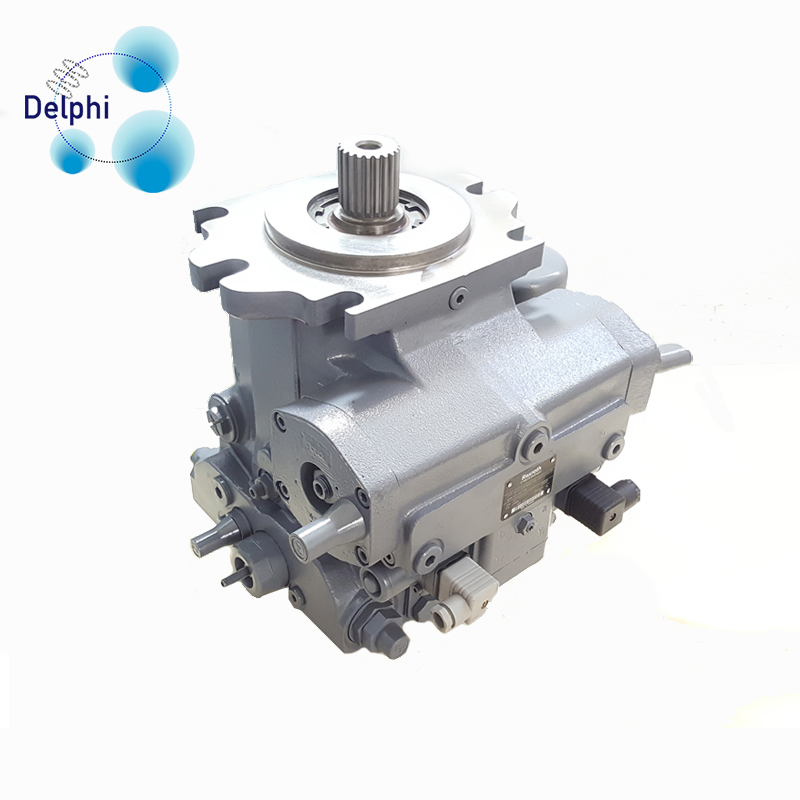Delphi equipment, known for its automotive technologies and components, may have adaptations or applications in specialized or niche industries beyond traditional automotive use.
However, the extent of adaptability depends on factors such as:
Technology Transfer:
- Applicability of Technology: Assessing if Delphi’s technologies can be repurposed or adapted for specific industrial needs.
Component Versatility:
- Component Integration: Determining if Delphi components can be integrated into specialized machinery or systems.
Customization Potential:
- Adaptation Possibilities: Exploring if Delphi’s technologies can be customized for unique industrial requirements.
Regulatory Compliance:
- Standards and Regulations: Ensuring that adapted equipment complies with industry-specific standards and regulations.
R&D and Innovation:
- Development Opportunities: Collaborating with Delphi or other entities to innovate and adapt technologies for niche industries.
Feasibility and Viability:
- Economic Viability: Assessing if the cost of adaptation aligns with the potential benefits in specialized industries.
While Delphi equipment might have components or technologies adaptable for certain niche industries, comprehensive assessments and collaborations are often necessary to determine the feasibility and potential adaptations. It involves evaluating technology transfer, customization options, regulatory compliance, and economic viability for successful integration into specialized industrial applications.
Are delphi equipment designed for continuous or intermittent operation?
Delphi, known for automotive technologies, typically designs components and systems for various operational conditions, delphi equipment including both continuous and intermittent operation, depending on their intended automotive applications:
Continuous Operation:
- Engine Components: Parts like fuel injectors, sensors, or engine management systems are designed for continuous operation during vehicle use.
Intermittent Operation:
- Starters and Ignition Systems: Components involved in starting the engine operate intermittently, as needed when the vehicle starts.
Variable Conditions:
- Climate Control Systems: Components for heating, ventilation, and air conditioning might operate intermittently based on user settings or environmental conditions.
Driving Modes:
- Fuel Delivery Systems: Some components manage fuel delivery based on driving conditions, operating intermittently to adjust fuel flow.
Sensor Networks:
- Sensors and Diagnostic Systems: These might operate continuously to monitor vehicle performance but intermittently send data as needed.
Adaptive Systems:
- Advanced Driver Assistance Systems (ADAS): Components in ADAS systems might operate intermittently, activating in response to specific driving situations.
Powertrain Management:
- Transmission and Engine Control: Components managing power delivery might operate continuously or intermittently based on driving demands.
The design of Delphi equipment often considers the diverse operational needs within an automotive context, accommodating both continuous and intermittent operation based on the specific component’s function and purpose within the vehicle system.
